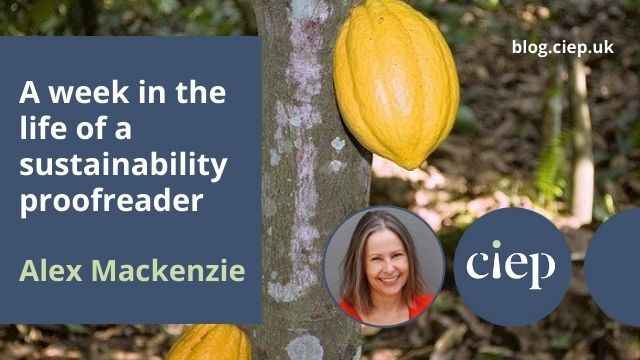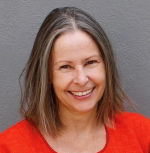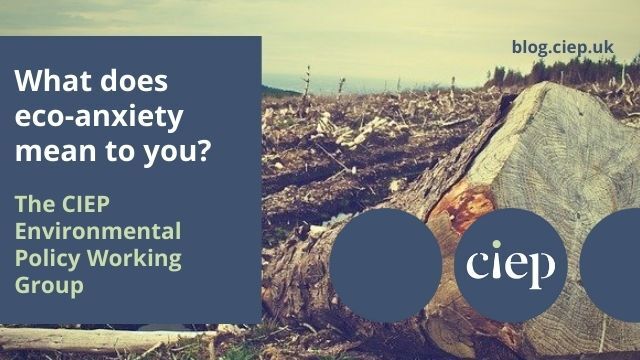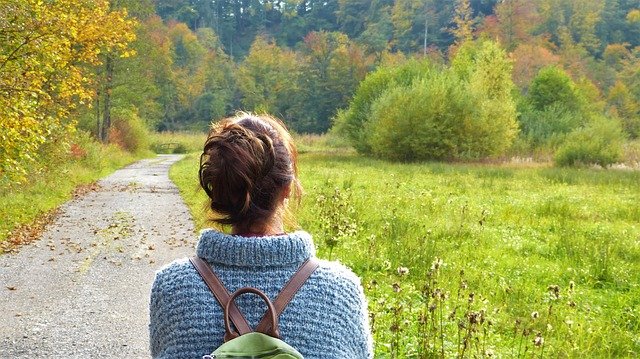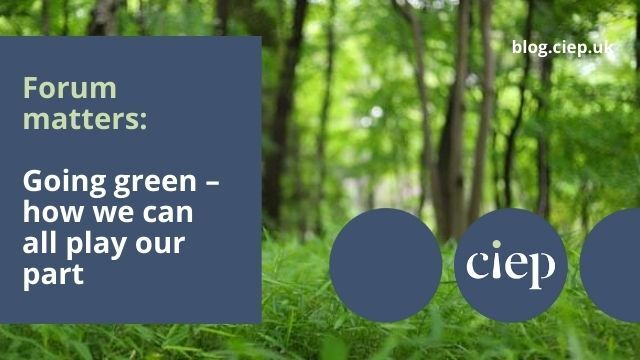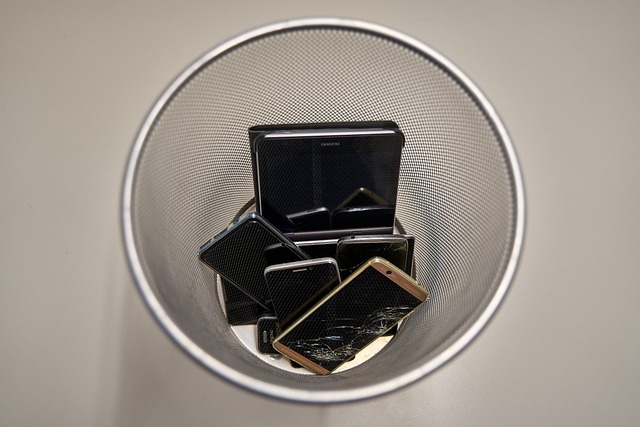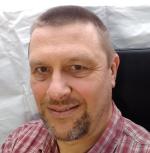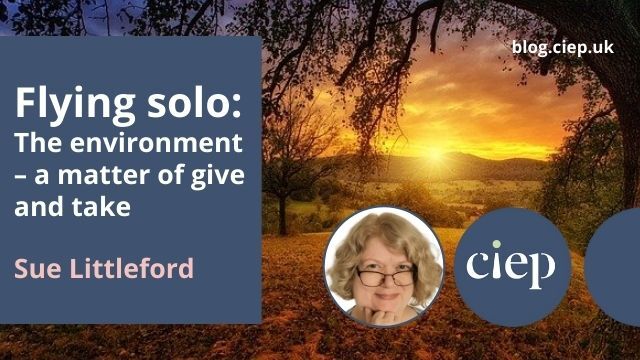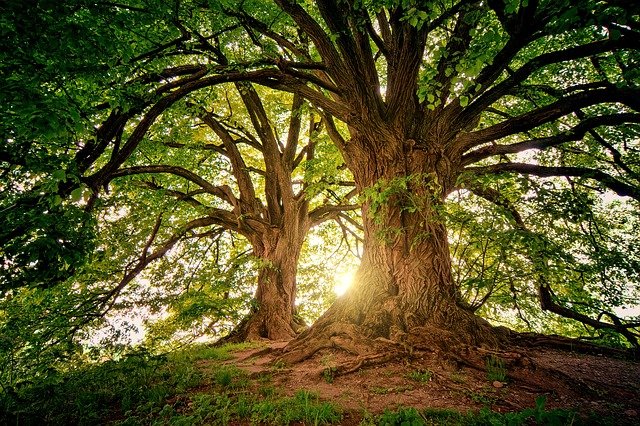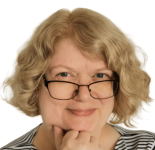Back in September, we introduced members of the CIEP’s Environmental Policy Working Group. Three new members share their motivations for joining the group, and their thoughts on eco-anxiety.
Caroline Petherick
Until the Second World War, most people were aware that most resources were limited, and the mindset endured into the early 1960s. But then into the Western world came the brave new world of disposability – mostly oil-based products and fuels – with marketeers cheerfully generating in an ingenuous public a wonderful feeling of affluence in our ability to draw on, and pay for, unlimited resources. A growing number of families now had a car. Battery farms made chicken an everyday food instead of a Sunday Special. Freddie Laker invented the package holiday practically single-handed, and English people flew to the Med for their holidays. Those who holidayed in England were seen as deprived. Those who ate at Cranks (a pioneering vegetarian restaurant) were obviously feeble. Those who kept items to repair and reuse were clearly stingy.
Then in December 1968, six months before the moon landing, came ‘Earthrise’, which perhaps more than any other single thing – even Silent Spring, Rachel Carson’s groundbreaking book about the changes in the environment – raised awareness, clearly showing that our planet is a closed system with finite resources. After all, Earthrise was a photograph, easily understood by people worldwide.
I was born shortly after the war so I’ve lived through those events, and my brief summary of them reflects my own experience. What I find so unsettling now is how very effectively the powerful people who perceive that their interests are not served by the triple bottom line* have for the last half-century kept that early-1960s mindset alive – even at COP26, which ‘recommended’ voluntary action and self-policing, rather than making any attempt to regulate. This, despite the fact that we’ve seen how ineffective voluntary action and self-policing are.
The key to changing that mindset for the better is, I feel, going to be communication between those who are, and who will be, negatively affected by the short-termism that pervades our society, and that’s why I’m delighted to become part of the CIEP EPWG, spreading helpful information around the membership.
* Profit, people and the planet: a measure of not just a business’s financial performance but also its social and environmental impacts.
Frances Cooper
I’m not quite sure when I first became aware of the damage we have done, and continue to do, to our planet. In some ways it feels as though I’ve always known. I’d like to say that it was Rachel Carson who opened my eyes, but I think it was Dr. Seuss and his story of The Lorax. I think in terms of ‘thneeds’ every day.
My contribution to the planet has mostly been through my work in nature conservation, beginning with Scottish Wildlife Trust in the early 1990s. I volunteered alongside paid work. I joined Friends of the Earth and spent weekends encouraging B&Q customers to choose peat-free compost (many did!), but I never really became involved in activism (as I think of it, anyway). I am finally gradually starting to do so.
My final seven years of working directly for nature were spent developing and piloting blanket bog restoration on Dartmoor. I’m very proud of the work I did there. And the amazing capacity of peat to sequester carbon meant that my work was more specifically aligned with climate-change mitigation then than at any other time. The climate crisis is getting more of the headlines currently, but the ecological crisis is every bit as catastrophic. They are really two aspects of the same thing.
As an editor, I am still working for the natural world and the planet. I cheered when Robin Black asked his question about climate change at the CIEP AGM in 2019, and was ashamed I hadn’t done so myself. I’m a recent recruit to the CIEP’s Environmental Policy Working Group. I joined the group to help share ideas and understanding about changes editors can make professionally and personally that will makes a difference to our impact on the planet. Although editors possibly don’t have the highest carbon footprint among professions, that footprint is probably higher than any of us realise. Let’s try to make as many positive changes as we can.
Anne Turner
I’ve always had a deep respect for nature and – as a child of the 1990s and the era of the ‘hole in the ozone layer’ – an understanding that our actions have a real and direct impact on the environment.
My own growing eco-anxiety has taken me on a trail of discovery that has shocked and dismayed me. It’s opened my eyes to the savage exploitation of resources that goes into so much of what we consume.
I’d unwittingly sold myself into the ‘must have new’ consumerist society and brought far more things into my home than would be necessary for a lifetime. I’ve discarded things well before their time. I’ve left lights on, taps running, windows open. I have done many of the things all of us do – blindly – every single day, each of which leave a footprint on the Earth that we can’t take back.
It’s easy to think that, because we recycle, take our old (or not so old) clothes to the charity shop, and clutch our reusable coffee cups and no-longer-plastic straws, we are doing our part. We watch David Attenborough and Greta Thunberg and nod sagely. We are shaken by news of devastating floods moving ever closer, or forest fires consuming towns and villages in their path. But we carry on regardless. We have an inordinate ability to distance our thoughts and behaviours from the reality of the evidence in front of us, especially when it comes to climate change.
Over the past few years, I’ve embarked on my own journey towards more sustainable living, and it’s been overwhelming and revelatory in equal measure. Individual action is something we all need to take, but we also need communities working together to drive the systemic changes necessary to save our planet. That’s why I applied to join the working group: to contribute beyond the level of individual action and to be part of something more meaningful.
Lean more about the Environmental Policy Working Group and the CIEP’s environmental values here.
June 2023: The EPWG has now paused its work until mid-2024. If you’d like to be involved in the group when it reconvenes, please contact Abi Saffrey, information director: information@ciep.uk.
 About the CIEP
About the CIEP
The Chartered Institute of Editing and Proofreading (CIEP) is a non-profit body promoting excellence in English language editing. We set and demonstrate editorial standards, and we are a community, training hub and support network for editorial professionals – the people who work to make text accurate, clear and fit for purpose.
Find out more about:
Photo credits: icebergs by Annie Spratt, pollution by Chris LeBoutillier, both on Unsplash.
Posted by Harriet Power, CIEP information commissioning editor.
The views expressed here do not necessarily reflect those of the CIEP.

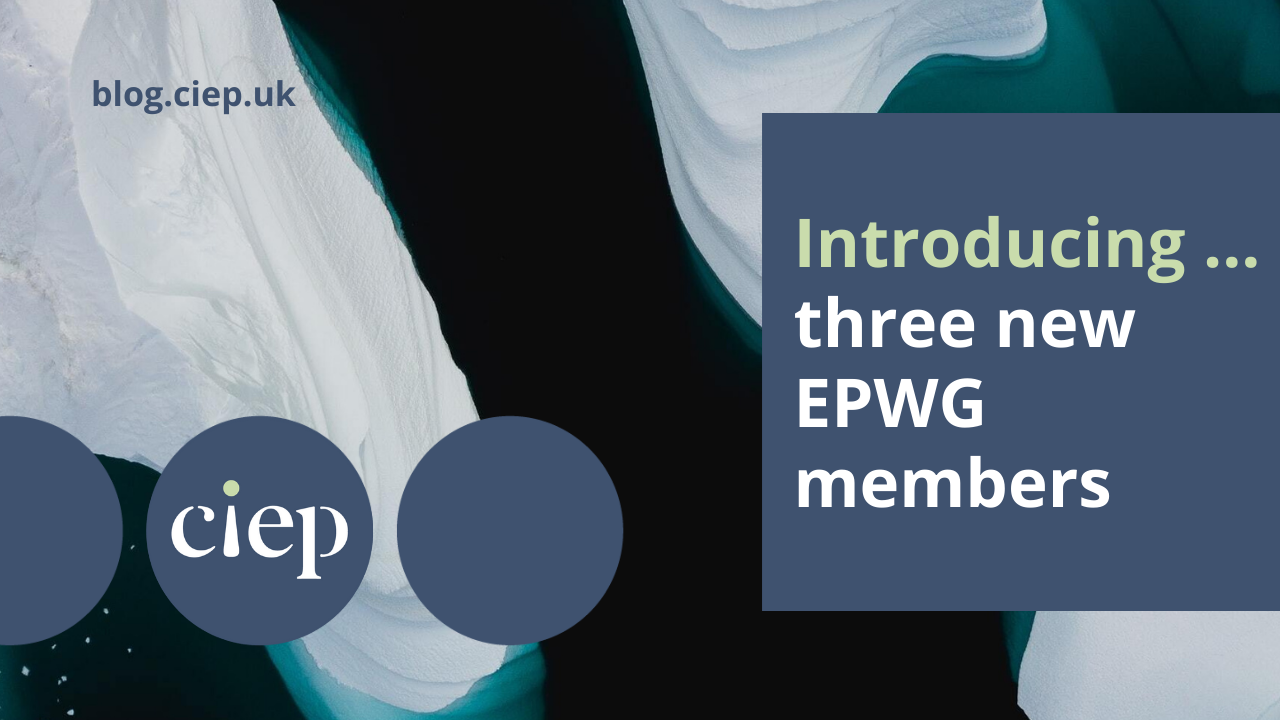

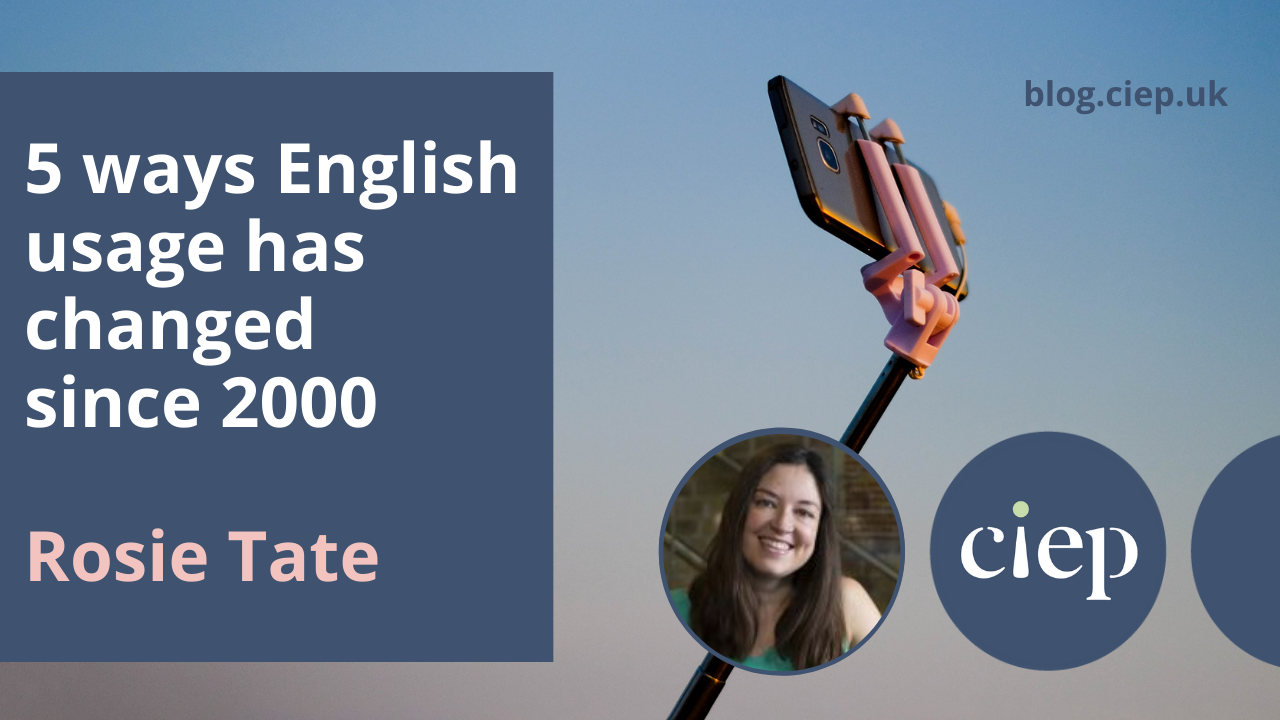 1. Tech talk
1. Tech talk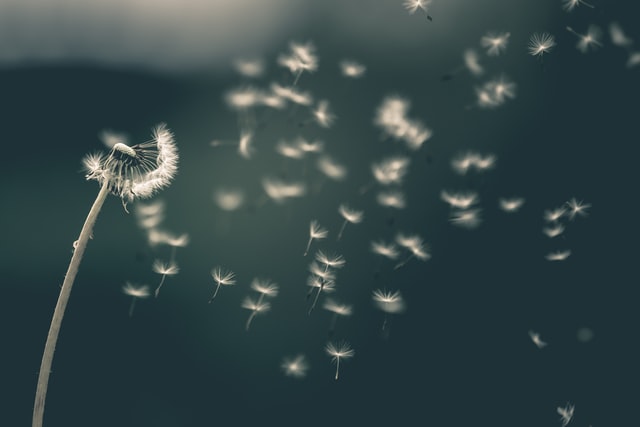 4. Lost words
4. Lost words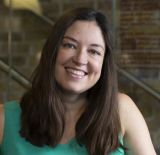 Rosie Tate is co-founder of
Rosie Tate is co-founder of 